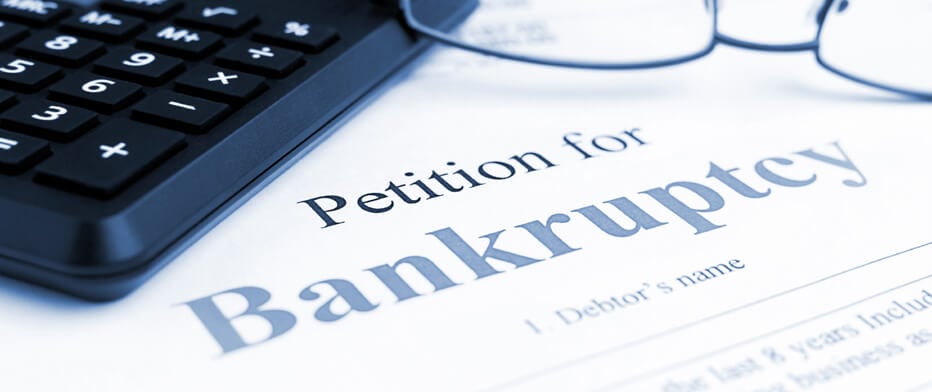What Happens If You Don’t Qualify for Chapter 7 Bankruptcy?


Key Takeaways
- You must qualify for Chapter 7 by passing the means test.
- If you do not qualify, you may need to utilize alternative debt relief programs to address your financial struggles.
- Filing for Chapter 7 when you do not qualify will lead to a case dismissal.
Filing for bankruptcy is supposed to give you a fresh start—a financial do-over after facing financial hardship. The challenge is that the law prevents many working people from receiving relief through Chapter 7, allowing for the discharge of most unsecured debts without repaying creditors.
While anyone can file Chapter 7, a judge reviews the petition, and if you do not qualify, dismisses the case. At that point, you lose the filing fee and receive relief from high-interest debt. To prevent that from happening, you must determine if you qualify before you file.
To qualify under Chapter 7, you must pass a means test. The first step is to determine if you earn below the median income in your state based on your household size. The Department of Justice adjusts these numbers several times a year. You can find the latest forms here. Pass that, and you qualify to file.
Earn above that amount? You must complete Form B 122A-2, comparing your income with your debt levels to determine eligibility. The means can help if you have higher income but also elevated debt levels that eliminate disposable income. You can find the latest bankruptcy forms here.
The other factor that comes into play with Chapter 7 is the requirement to sell any non-exempt property to repay creditors. When you file, you must determine which assets you can keep through bankruptcy exemptions. Owning non-exempt assets, such as large amounts of equity in your home or vehicle, could give the trustee the right to sell those assets before a judge approves the discharge of any debts.
How Much Do You Earn?
The first step in qualifying for Chapter 7 is to determine your earnings. It is common to make mistakes because the means test is the most complicated piece of filing.
To diminish errors, verify your income, ensure you take all qualified deductions, and accurately list your household size. Questions like should you include individual or household income may require the advice of a bankruptcy attorney.
The means test form requires you to document your average income over the previous six months. If you recently experienced a reduction in income, waiting a few months could make a difference.
Consider Alternative Debt Relief Options
If you cannot meet the Chapter 7 qualifications and waiting a few months will not change the outcome, you may need to evaluate other debt-relief options.
Chapter 13: It is easier to qualify for Chapter 13 because it requires you to repay creditors some of what you owe. You repay debts for five years under the supervision of the courts before obtaining a discharge. You must submit annual tax returns and use 100% of disposable income for debt repayment. During the repayment period, you have the benefits of the automatic stay, which gives you time to catch up on secured accounts and could allow you to retain more property.
Debt settlement: If you do not need the protections of the bankruptcy court, you may find that debt settlement is a more desirable option because it gives you more control over debt repayment. Like Chapter 13, you repay creditors a portion of what you owe. However, you determine the amount you can contribute each month, and you can accelerate payoffs in a way Chapter 13 does not allow. Through debt settlement, it is possible to negotiate lower payoffs and eliminate debts within two to four years.
FAQ

REPRESENTATIVE EXAMPLE OF APR
If you borrow $30,000 over a term of 5 years (60 months) with an APR of 4.99% you will pay $566.00 each month. The total amount payable will be $33,959.97, with total interest of $3,959.97.
ANNUAL PERCENTAGE RATE (APR)
Annual Percentage Rate (APR) represents the annualized interest rate you are charged for borrowing. It is the combination of the nominal interest rate and some additional costs such as fees involved when incurring debt. Our lender offers APRs for personal loans, cash advance loans, installment loans and debt consolidation loans from 4.99% to 35.99%. Since New Start Capital does not directly issue loans, we cannot deliver any specifics or guarantee the APR you will be offered. The APR depends solely on your lender’s decision, based on various factors including your credit score, credit history, income, and some other information you supply in your request. For more information regarding the APR contact your lender.